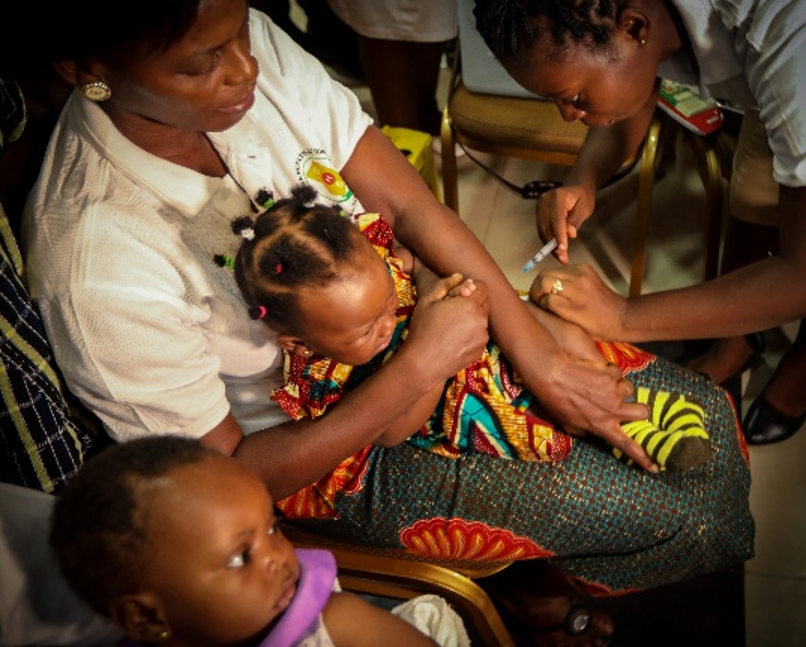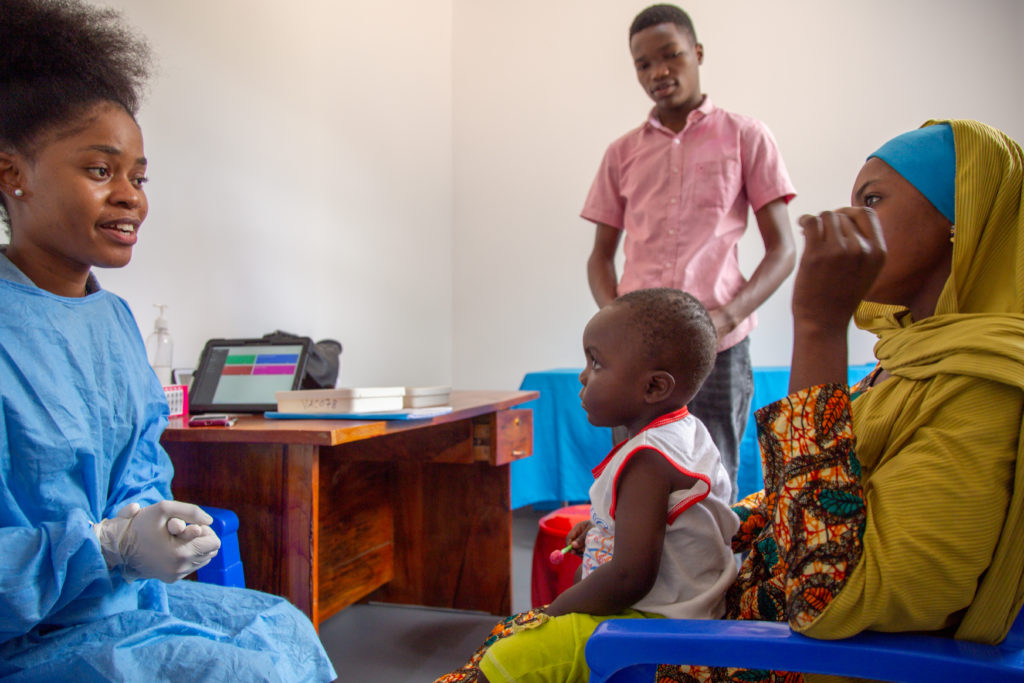
The World Health Organization (WHO) has added the R21/Matrix-M malaria vaccine to its list of ‘prequalified’ vaccinespaving the way for bulk procurement and mass deployment of the new vaccine across malaria-endemic countries by UNICEF and other global health agencies.
The prequalification of the world’s second malaria vaccine, developed by Oxford University and manufactured by Serum Institute of India (SII), is expected to greatly expand access to malaria vaccination, particularly in malaria endemic regions of sub-Saharan Africa where supplies of the already available RTS,S vaccine cannot alone meet the high demand, said WHO in a statement on Thursday.
Some 100 million doses of the new vaccine are reportedly ready for rollout by SIIa major supplier of vaccines in Africa.
“Today marks a huge stride in global health as we welcome the prequalification of R21/Matrix-M, the second malaria vaccine recommended for children in malaria endemic areas,” said Dr Kate O’Brien, Director of the Department of Immunization, Vaccines and Biologicals. “This achievement underscores our relentless commitment to wiping out malaria which remains a formidable foe causing child suffering and death.”
Nearly half a million children in WHO’s African Region die from malaria each year – making it one of the continent’s biggest early childhood killers, despite declining death rates over the past two decades. Globally, in 2022, there were an estimated 249 million malaria cases and 608,000 malaria deaths across 85 countries.

Prequalification ensures safe manufacture of the vaccine
In October, WHO recommended use of the R21/Matrix-M vaccine, developed by Oxford University and manufactured by Serum Institute of India, for the prevention of malaria in children following a review by the Strategic Advisory Group of Experts (SAGE) on Immunization and the Malaria Policy Advisory Group.
However, WHO “prequalification” remains a prerequisite for bulk vaccine procurement by UN agencies as well as for many other donor-supported programmes in countries. Effectively, the pre-qualification label confirms that the manufacture of the vaccine, in this case by SII, meets international standards.
“Achieving WHO vaccine prequalification ensures that vaccines used in global immunization programmes are safe and effective within their conditions of use in the targeted health systems,” said Dr Rogério Gaspar, Director of the Department of Regulation and Prequalification.
The first malaria vaccine to be approved by WHO, RTS,S/AS01 vaccine, obtained prequalification status in July 2022. While the second vaccine R21/Matrix-M seemed to show even better results in some of clinical trials conducted prior to regulatory approval, WHO has said both are equally effective, noting that the two vaccines have not actually been tested head-to-head.
“Both vaccines are shown to be safe and effective in clinical trials, for preventing malaria in children,” said WHO in its statement. “When implemented broadly, along with other recommended malaria control interventions, they are expected to have a high public health impact.”
Image Credits: WHO/Fanjan Combrink, University of Oxford/Tom Wilkinson.
Combat the infodemic in health information and support health policy reporting from the global South. Our growing network of journalists in Africa, Asia, Geneva and New York connect the dots between regional realities and the big global debates, with evidence-based, open access news and analysis. To make a personal or organisational contribution click here on PayPal.






